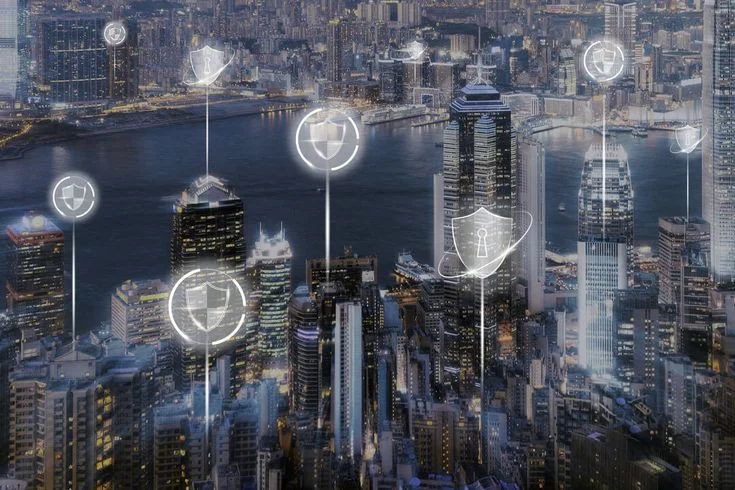As urbanization accelerates and populations grow, the concept of smart cities has emerged as a transformative solution for addressing urban challenges and improving quality of life. Automation lies at the heart of smart city initiatives, revolutionizing how cities function, interact, and evolve. Hence this blog delves into the role of automation in shaping the future of smart cities, with a focus on the implications and opportunities for urban development in Pakistan.
The Rise of Smart Cities
Smart cities leverage technology and data-driven solutions to enhance urban infrastructure, services, and sustainability. Hence integrating Internet of Things (IoT) devices, sensors, and digital platforms, smart cities optimize resource utilization, improve mobility, and empower citizens to actively participate in urban governance. From smart transportation and energy management to e-governance and digital connectivity, smart cities represent a paradigm shift in urban development towards efficiency, resilience, and inclusivity.
Automation in Urban Infrastructure
Automation plays a pivotal role in optimizing urban infrastructure and services to meet the evolving needs of urban populations. Smart transportation systems employ automation technologies such as traffic management algorithms, autonomous vehicles, and real-time data analytics to reduce congestion, enhance mobility, and improve commuter experiences. Similarly, automated energy management systems optimize energy distribution, monitor consumption patterns, and promote renewable energy integration, contributing to environmental sustainability and cost savings.
Empowering Citizen Engagement
Automation facilitates citizen engagement and participation in urban governance through digital platforms and e-governance initiatives. Smart cities leverage automation tools such as mobile applications, online portals, and IoT-enabled devices to enable citizens to access information, report issues, and participate in decision-making processes. By fostering transparent communication and collaboration between citizens and government agencies, automation enhances civic engagement, accountability, and democratic governance.
Creating Connected and Resilient Communities
Automation enables the creation of connected and resilient communities within smart cities. Through IoT sensors and smart infrastructure, cities can monitor environmental conditions, detect emergencies, and deploy timely interventions to mitigate risks and ensure public safety. Automated emergency response systems, for instance, facilitate rapid coordination and communication during crises, enhancing resilience and preparedness in the face of natural disasters or emergencies.
Challenges and Considerations
Whereas automation holds immense potential for transforming urban landscapes, its implementation in smart cities is not without challenges. Privacy concerns, data security risks, and digital divides are among the key considerations that must be addressed to ensure equitable and sustainable urban development. Additionally, interoperability standards, regulatory frameworks, moreover stakeholder collaboration are essential for overcoming siloed approaches and maximizing the benefits of automation in smart city initiatives.
Conclusion
Automation is driving the evolution of smart cities of the future, revolutionizing how urban environments function, interact, and evolve. From optimizing infrastructure and services to empowering citizen engagement and promoting resilience, automation holds the key to creating sustainable, inclusive, and livable cities of the future. By embracing automation technologies and fostering collaboration between stakeholders, cities in Pakistan can leverage the power of automation to address urban challenges, enhance quality of life, and moreover pave the way for a more prosperous and sustainable future.








